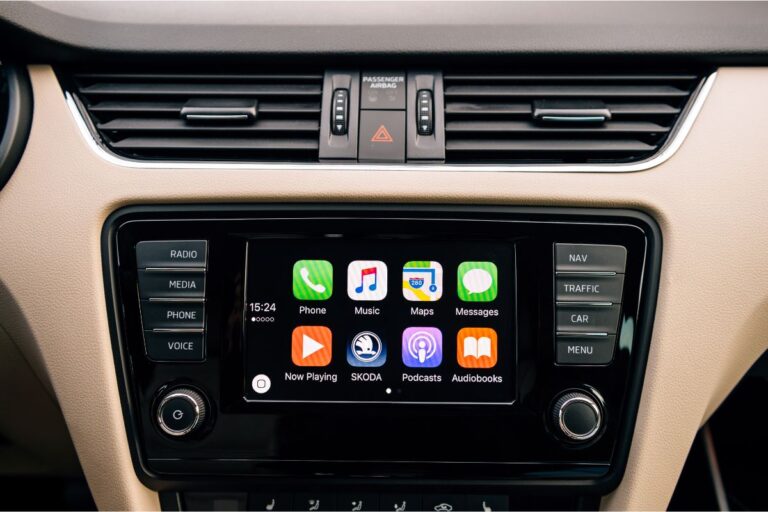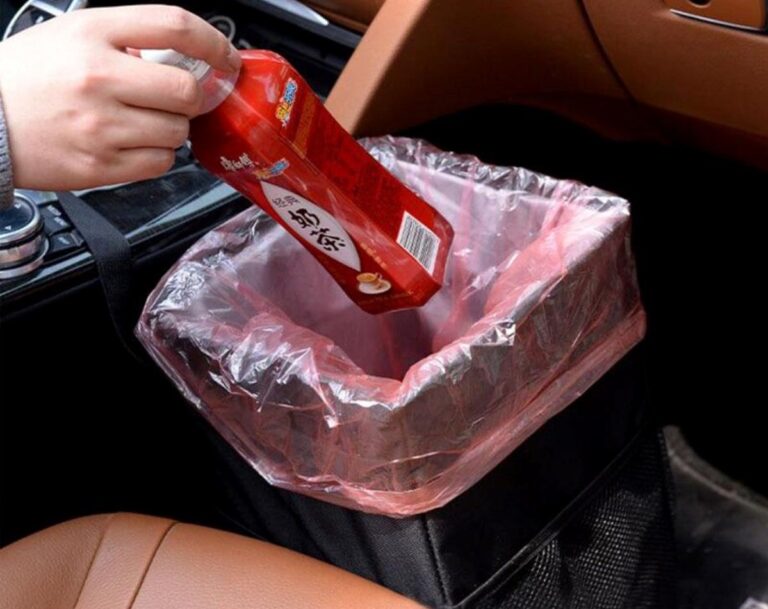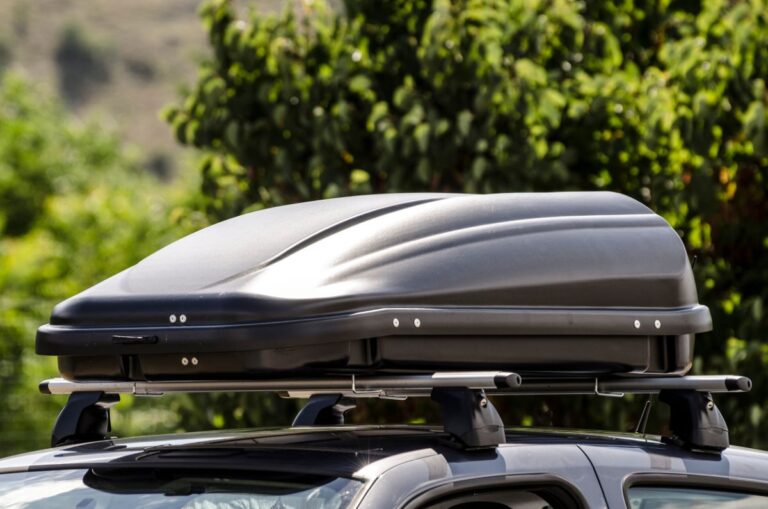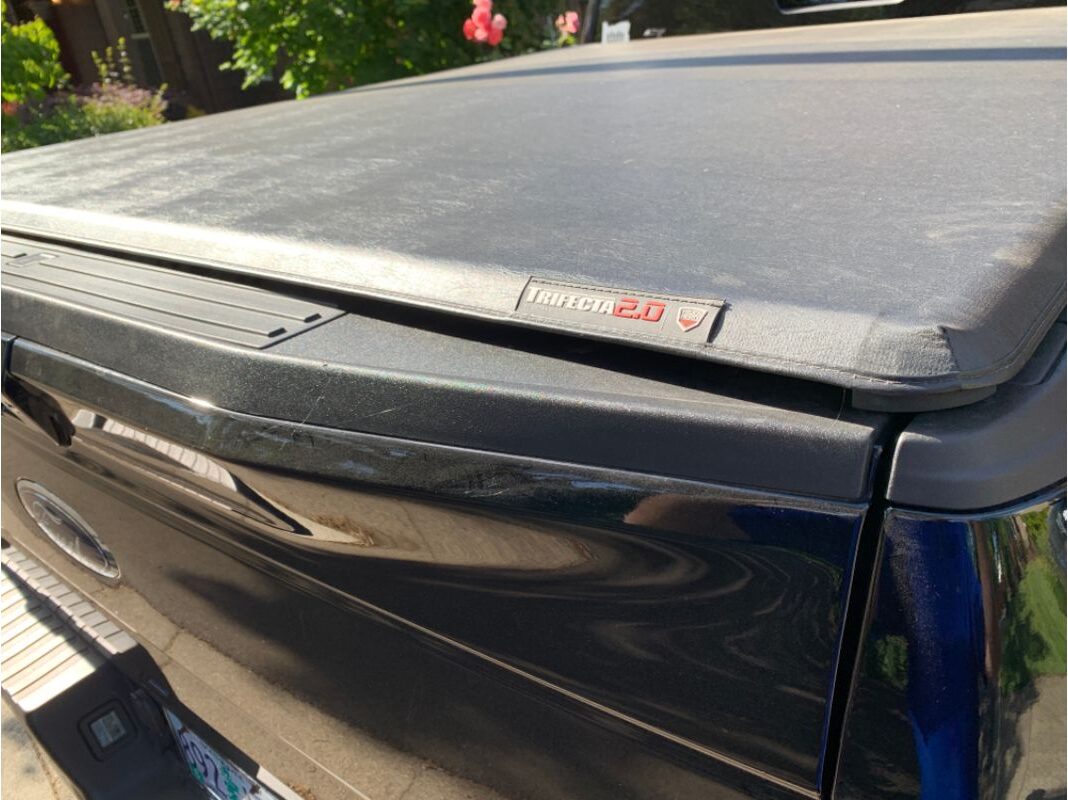
Yes, you can save money on gas by improving fuel economy with a tonneau cover. However, there are limitations and exceptions to the rule. I use a tonneau cover as a pickup truck owner.
Additionally, based on my research and field experience, owners of El Camino also use tonneau covers. The primary purpose is to do things like protect the bed against water and for wind resistance on a vehicle, which adds to the gas mileage.
When you own a pickup truck that already gets less than 10 miles to the gallon, you’ll do anything to boost that fuel economy.
But there is an issue with tonneau covers, as not all of these devices are created equal. For starters, some vehicle owners choose to install a heavy hard-top folding tonneau that weighs 100 pounds.
Here, you are also reducing the number of miles you can get out of a gallon of gas by 2 percent. That defeats the purpose of saving gas with a tonneau cover.
Here is the biggest issue with whether a tonneau cover reduces gas use–choosing the right style. Find out what you can do to save money while using a tonneau cover on your vehicle.
General Purpose of a Tonneau Cover
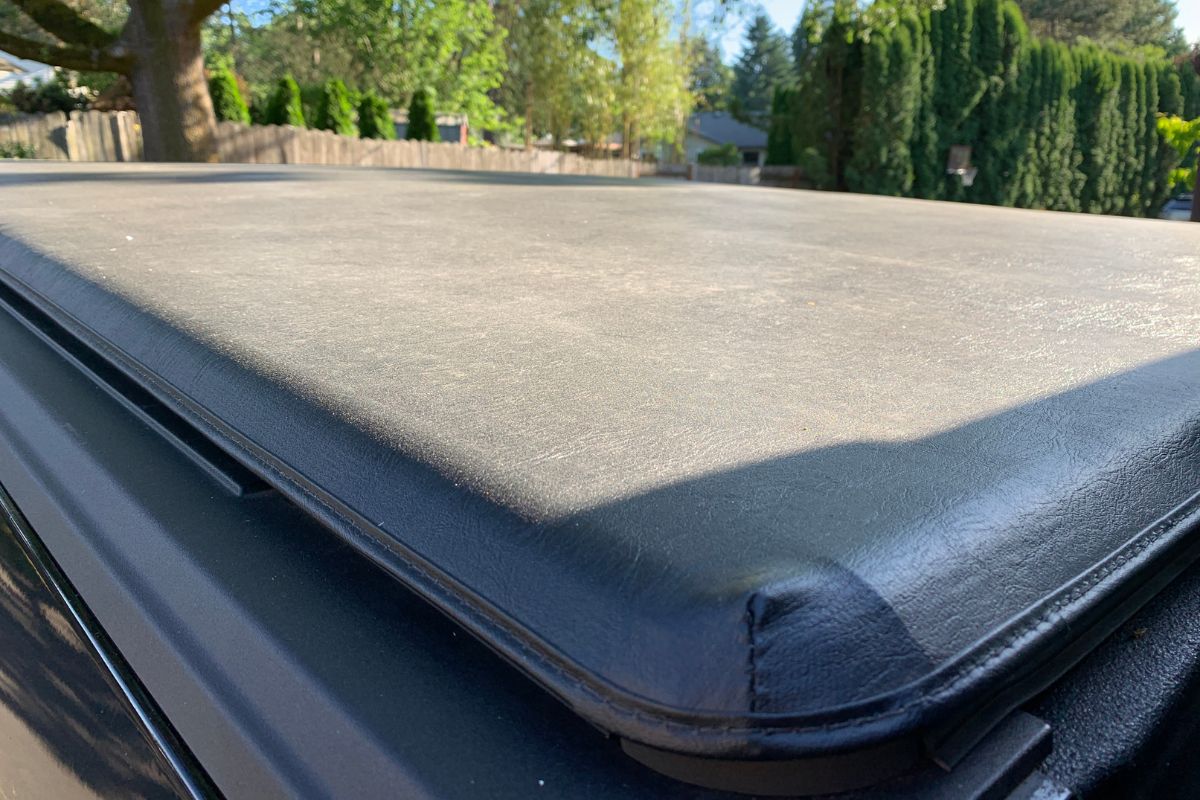
A tonneau cover is a bed, cab, or trailer covering that is made from any sort of materials to be soft or hard bodied. The name comes from French meaning a barrel shaped container like a wine cask.
The history is much more extensive. According to the Hog Ring, “To protect stored items from prying eyes or inclement weather, the French used a tarp that they placed or tied over the tonneau.
This was known as the tonneau cover. As years passed and technology advanced, the tonneau gave way to fixed-roof trunks, and eventually, carriages were replaced with cars.”
We use tonneau covers in the US to cover the beds of pickup trucks. These car covers are also used for El Camino style cars that have open beds.
As a purpose, tonneau covers work hard against weather to protect the interior space of a trailer or bed on a vehicle. The metal cab or bed along with any cargo is completely encased.
As a result, whatever you haul is protected against the elements, including rain, wind, snow, and human interference. You also can guarantee to have a dry bed for use at any time when you have a tonneau cover installed and outstretched on the back of your vehicle.
How Does a Tonneau Cover Improve on Gas Mileage?
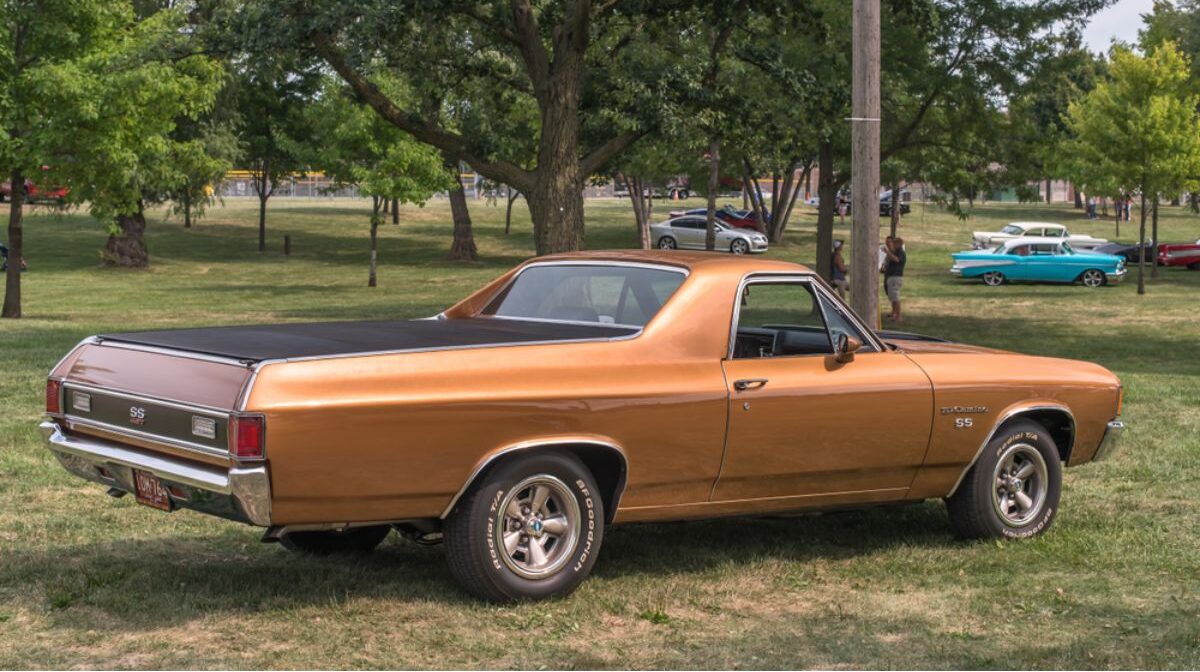
In terms of gas mileage and fuel economy, a tonneau cover works twice as hard to save you money. This is through reducing wind resistance and sag from air currents.
“Without a tonneau cover, your truck bed acts like a bucket catching air that passes over it as you drive. This drag makes your engine work just a little bit harder. Tonneau covers improve your gas mileage by sealing your pickup truck bed from this airflow, which improves the aerodynamics,” explains Linex.
Sawtooth adds more info about the drag: “On average, using a tonneau cover led to a 5.7% reduction in drag. That reduced drag meant about a 1.8% increase in fuel efficiency. Even though 1.8% better gas mileage isn’t massive, it definitely makes a difference over a year of fueling up your truck.”
The number of miles on a gallon of fuel you can save varies, but there is a guideline you can consider. “Driving your tonneau cover equipped truck at 65mph for 20 minutes per day would save you 0.04 gallons of gas, or about $0.14 per day, according to Torque News.
Four cents per gallon for my truck is a great savings, which is why I choose to use a tonneau cover. This would also apply to diesel as a fuel choice. Ultimately, you might reduce your fuel consumption by approximately 53 gallons a year using a tonneau cover, states the Tonneau Cover Guide.
What Are Some Ways I Can Further Save Money at the Pump Using a Tonneau Cover?

To help you save more money with a tonneau cover, choose the right style or design. This includes canvas or cloth style retractable tonneau covers.
These are made from the lightest weight material of any of the tonneau covers currently on the market. Of course, if you found some made from Mithril, you would be good to go–but you would also need to be an elf or a hobbit–and live in the Lord of the Rings universe.
Since this is not the case for any of us that I know of, you have to settle for a canvas style material.
This is a common style of tonneau cover–mainly because you stand to save the most money. The only issue with a canvas tonneau cover is the lack of structure to protect against wind resistance.
If your tonneau cover is not structured enough, you will lose some of the drag resistance you could gain from a hard body tonneau cover.
However, you have to account for the total weight of the tonneau cover. A fiberglass tonneau cover weighs anywhere from 80 to 110 pounds, which is also a good option here.
Again, though, for every 100 pounds you take out of a truck or car, you gain 1 to 2 percent in fuel economy. “Reducing a vehicle’s weight by 10 percent can improve the fuel economy by 6 to 8 percent,” according to the US Department of Energy.
You want an 80 pound tonneau cover for the best results, if you choose a hard body fiberglass style. Avoid those styles of tonneau covers made using steel or metal work if you want to get the best fuel economy.
This includes those made for tool boxes, as the addition of a tool box will further cut down on fuel economy. Of course, if work calls, then you have to use a tool box and cannot avoid this expenditure.
Which Tonneau Covers Should I Choose for Saving Gas?
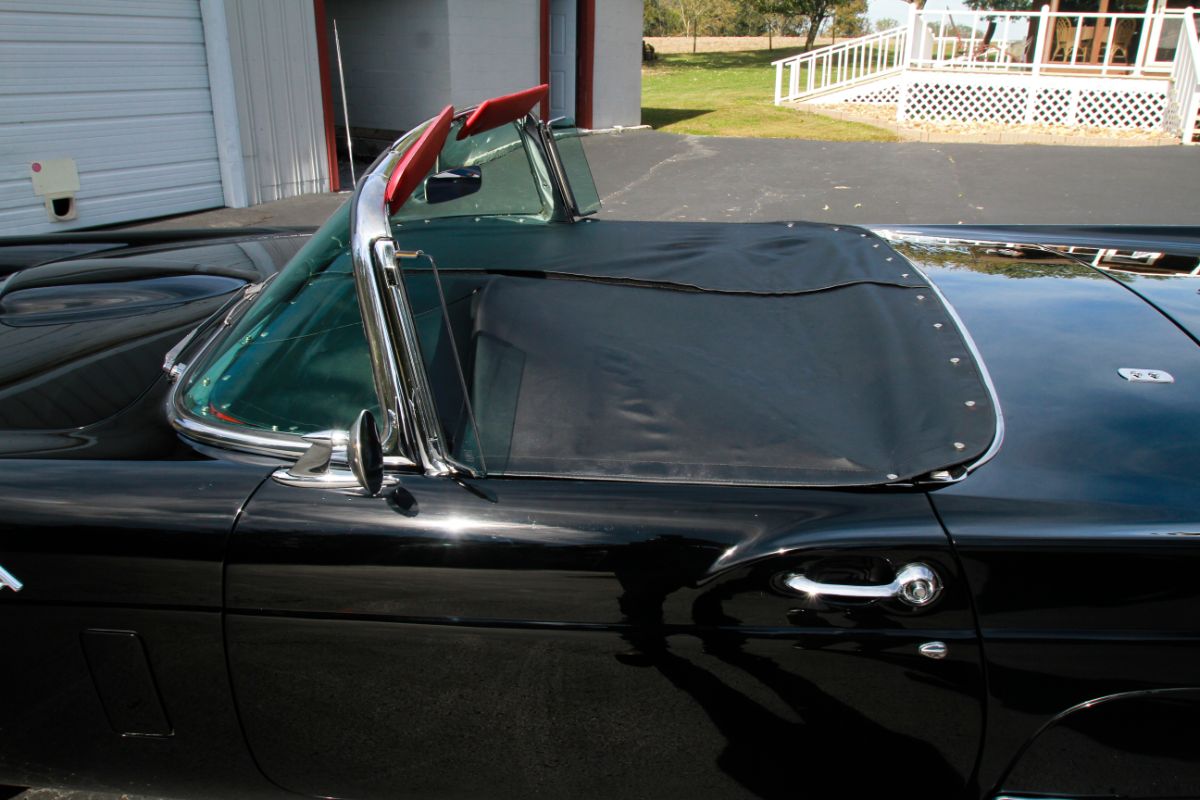
Ultimately, the right tonneau covers for saving gas include retractable style devices that work like awnings. The soft style, roll up tonneau covers are well designed for affordable truck bed protection.
You can easily remove these when you want to get into the truck bed as well. I prefer a retractable soft tonneau cover, personally. These work best for my professional needs out on the farm.
I can also work with, what I call, oversized loads, that are oddly shaped. Unlike a fiberglass hard tonneau cover, the soft covers can easily bend a bit here and there when hauling objects that aren’t squared or flat on top. There is the risk of ripping these tonneau covers, but with care that’s not an issue for most vehicle owners.
The tonneau covers with a soft body that retracts also save the most on gas. I have seen a minimal reduction in fuel economy–but only when I use the tonneau cover without anything being hauled.
Just as soon as I add some weight to my pickup truck, the fuel economy starts to decline either way. Therefore, I don’t depend on the tonneau cover for saving gas.
Instead, I use the covering to help reduce drag when I do not have anything in the back of my pickup truck. I also like how well it protects against wind interference when on open highways. Otherwise, I could see myself sliding around a lot more when I am not hauling weight.
Tonneau Covers Save Gas Mileage in Snowy Weather

The tonneau cover is especially good in snowy weather, which is also when the tonneau cover saves me the most on gas. Instead of adding more weight in snow and snowmelt on the back of my truck bed, I have the tonneau cover on all winter long.
For every 20 pounds per cubic foot of snow, the white stuff weighs one pound and this adds up quickly in a storm.
Here in Alaska, winter lasts a long time, but it helps to keep snow out of the truck so I can haul wood and livestock–we have sheep–as needed without worry.
In an emergency, this is a blessing and can save an animal! Along with helping us have a warm and dry bed to haul living animals and seasoned wood, the tonneau cover saves time on shoveling out snow from the truck bed.
All that weight really does add up and stops you from saving money on fuel. Along with reducing the drag from wind and in blizzards, a tonneau cover with a soft material will work well to save you gas.

